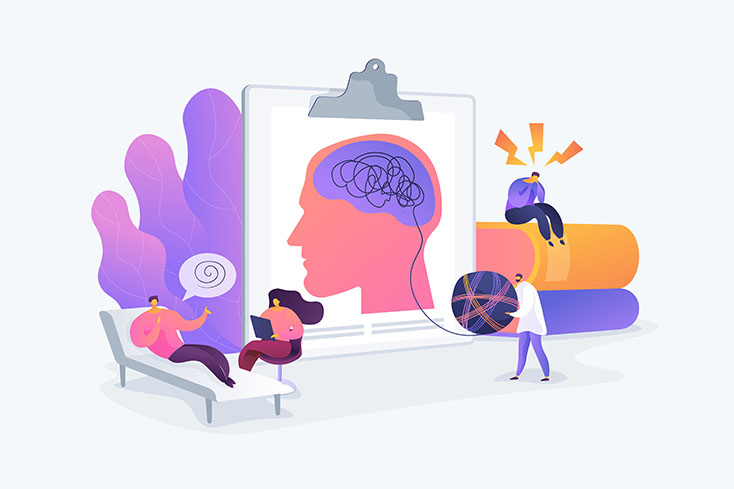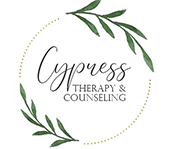
Death, Dying, and Grief Treatment That Honors Your Journey
Find support and healing in your time of loss.
Grief is love with nowhere to go. At Cypress Therapy & Counseling, we walk beside you through loss with gentle care and proven healing methods. Our holistic health services support your whole self during this difficult time.
Gentle Grief Support for Your Mind, Body, and Spirit
Losing someone you love changes everything. Grief affects your body, mind, and spirit in ways that feel overwhelming. Whether you’re facing the death of a loved one, caring for someone who is dying, or dealing with complicated grief, we’re here to help. Our treatment uses gentle therapies and brain healing to support you through this journey. We believe in honoring your unique grief process.
IASIS Brain Training for Grief and Loss
Our IASIS neurofeedback therapy helps calm your nervous system during intense grief. This gentle treatment can improve sleep, reduce anxiety, and help your brain process loss naturally.
One-on-One Counseling for Grief Support
Through individual counseling, we create a safe space to share your feelings and memories. You’ll learn healthy ways to carry your love forward. We understand that grief never really ends—it just changes.
Family Support During Loss
Grief affects the whole family differently. Our family counseling helps family members support each other while honoring everyone’s unique grief process.
Complete Wellness Care
We help with the physical and spiritual aspects of grief. This includes nutrition support during difficult times, stress relief, and holistic spiritual counseling to find meaning in loss.

Why Grieving Families Choose Us Again and Again
At Cypress Therapy & Counseling, we understand that grief is not something to “get over”—it’s something to learn to carry. Our caring team provides gentle support while using healing therapies to help you through this difficult time. Learn more about our company and our compassionate approach to grief support.
Gentle Brain Therapy
Whole-Person Support
Trauma-Informed Care
No Judgment About Your Grief
Flexible Support Options
What Our Clients Say
Our clients often tell us how grief counseling helped them remember their loved ones in special ways while learning to keep living. Read more client reviews to see how we’ve walked beside people during their most difficult times.
FAQs
What types of grief do you help with?
How does brain training help with grief?
Is there a "normal" way to grieve?
How long does grief counseling take?
Can you help children who are grieving?
What if someone is dying and needs support?
Can you help with complicated grief?
Do you help with sudden or traumatic deaths?
Is it okay to feel mad when someone dies?
Can grief affect my physical health?
Compassionate Grief Support in Southeast Texas
Losing someone you love is one of life’s hardest experiences, but you don’t have to walk through it alone. Our gentle therapies help clients across Cypress, Tomball, and Houston find ways to honor their loved ones while learning to live with loss. Whether you’re seeking healing support in Southeast Texas for yourself or a family member, we’re here to walk beside you.
Mental Health Resources & Insights
Grief is a lifelong journey of learning to carry love in a new way. Our blog shares gentle guidance for navigating holidays after loss, supporting grieving children, and finding meaning in difficult times.

Social Media and Mental Health

7 Behaviors for Improving Mental Health




